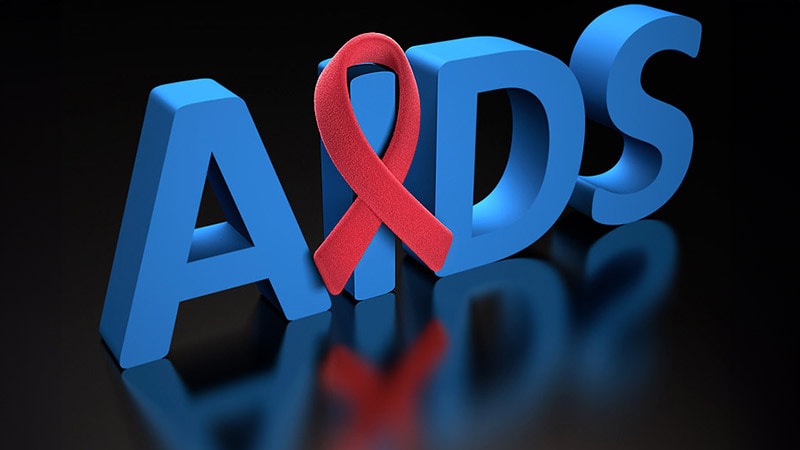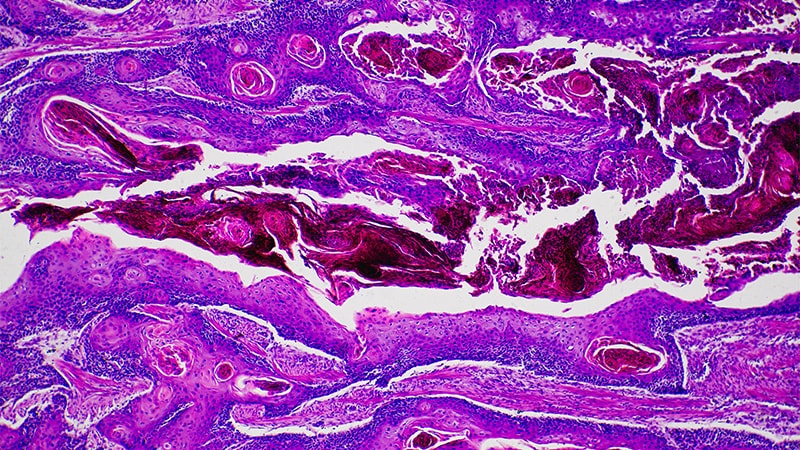New HIV diagnoses in the West Midlands fell 4% in 2018 to 334, according to Public Health England’s annual report for the region. This was driven by a 25% fall in diagnoses among men who have sex with men (MSM).
Heterosexual contact remains the leading cause of transmission in the West Midlands, accounting for 47% of new cases in 2018. The number of heterosexually transmitted cases acquired in Africa rose 22% to 61, and the number of all-cause diagnoses in females increased by 12%.
- The incidence of HIV in the region’s Black African population was 45 times higher than that in white people. Public Health England noted a continuing need for specific services for this group, particularly around promoting HIV testing.
- Late diagnosis is common: 46% of all diagnoses were at a late stage of infection, and a further 26% at a very late stage.
Six local authorities (Wolverhampton, Coventry, Birmingham, Sandwell, Stoke-on-Trent and Walsall) had a > 2.0 per 1,000 prevalence of diagnosed HIV in the population aged 15 to 59. This is the threshold at which national guidelines recommend expanded HIV testing (in hospital admissions and GP registrations).
Although numbers and rates in MSM fell they remain higher than in the years from 1981 to 2002. Health improvement efforts need to be sustained for this group and updated for any changes in sexual behaviour, the report warns.
Other figures include:
- Seven cases of mother-to-infant transmission, all but one occurring in infants born outside the UK
- Nine new HIV diagnoses in people who inject drugs, up from 7 in 2017.


